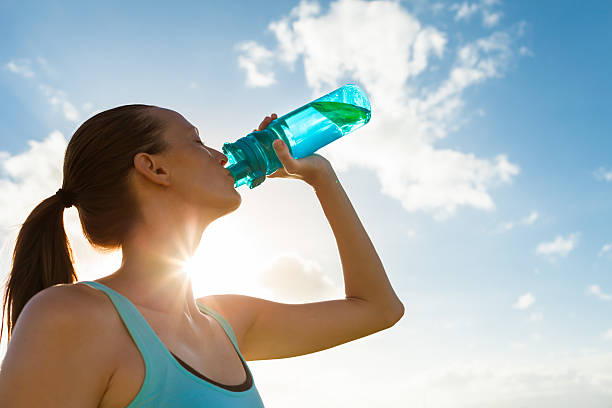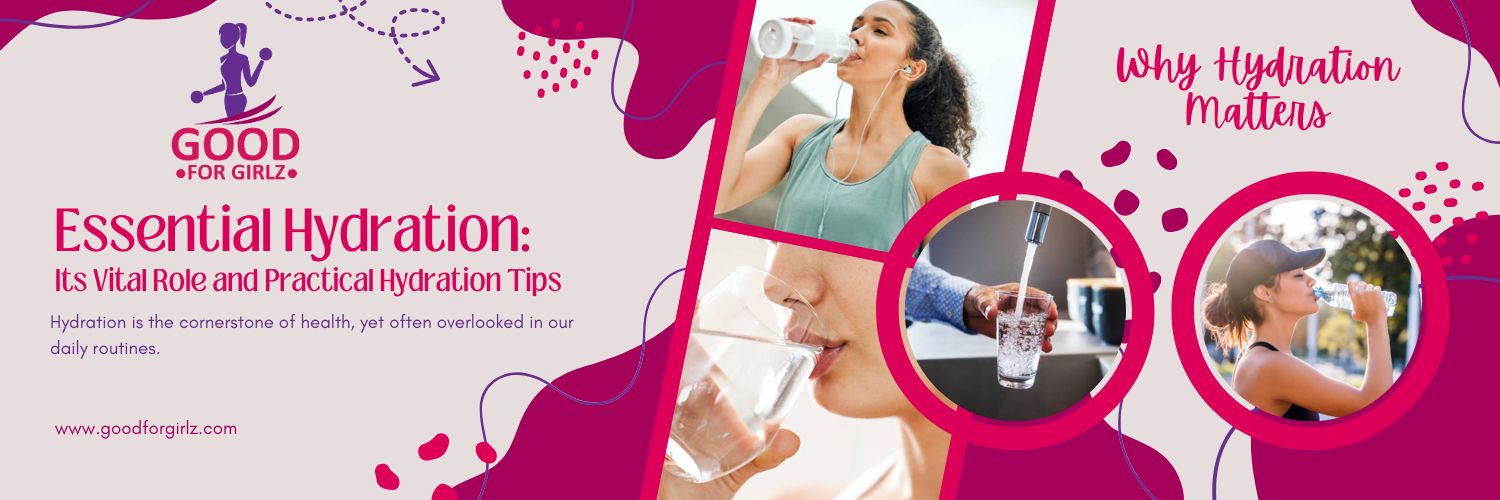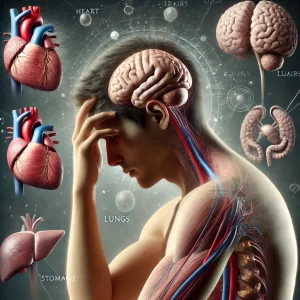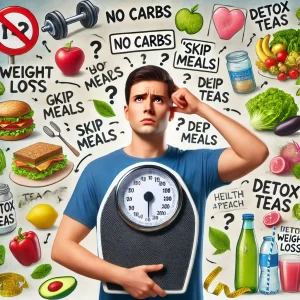Hydration is the cornerstone of health, yet often overlooked in our daily routines. Understanding the critical role water plays in our bodily functions and adopting practical hydration strategies can transform our overall well-being. This comprehensive guide dives into the importance of staying hydrated and shares essential tips to ensure you’re getting enough fluids throughout your day.
The Science of Hydration
Why Hydration Matters
Water is pivotal for virtually every bodily process, from aiding digestion to regulating body temperature and enhancing brain function. Dehydration, even mild, can lead to headaches, fatigue, and impaired cognitive abilities, impacting our productivity and mood.
Key Benefits of Staying Hydrated
- Enhanced Physical Performance: Proper hydration is crucial for maintaining endurance and strength during physical activities.
- Optimal Brain Function: Hydration positively affects concentration, memory, and mood.
- Detoxification: Water helps to flush toxins through sweat and urination, supporting kidney function and maintaining a healthy complexion.
Identifying Dehydration
Common Signs of Dehydration
Understanding the signs of dehydration is key to preventing it. Symptoms can include thirst, dry mouth, fatigue, dark-colored urine, and dizziness. Recognizing these early signs can help you take action to rehydrate before more serious symptoms develop.
The Risk Factors for Dehydration
Certain factors can increase your risk of dehydration, including high temperatures, increased physical activity, illness, or simply not drinking enough water throughout the day.
Effective Hydration Strategies
How Much Water Do You Need?
While the “8×8” rule (eight 8-ounce glasses of water per day) is a good baseline, hydration needs can vary based on factors like age, weight, climate, and activity level. Listening to your body and drinking when you’re thirsty is also a reliable indicator.

Practical Hydration Tips
- Carry a Water Bottle: Keeping a reusable water bottle with you can remind you to take regular sips throughout the day.
- Eat Water-Rich Foods: Incorporate fruits and vegetables with high water content, such as cucumbers, tomatoes, oranges, and watermelons, into your diet.
- Set Hydration Reminders: Use apps or set alarms as reminders to drink water if you often forget during a busy day.
- Monitor Your Urine Color: Aim for light yellow urine as a sign of proper hydration.
Hydration for Athletes
Athletes and those engaging in prolonged physical activity have increased hydration needs. Drinking water before, during, and after exercise is essential to maintain electrolyte balance and prevent dehydration.
Hydration is a simple yet effective tool for maintaining and enhancing health. By understanding the importance of hydration and implementing practical strategies into your daily life, you can support your body’s needs, improve your health, and enhance your quality of life. Remember, making hydration a priority is a step towards a healthier, more vibrant you.





